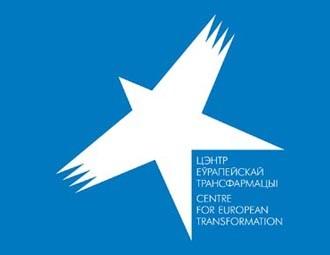Civil society program monitoring. Analytical report (July-December 2013)

The Centre for European Transformation has prepared a analytical report of the Civil society program monitoring of Belarusan civil society in the period from July to December 2013.
The program monitoring is conducted by the Centre for European Transformation, starting from April 2011, in order to track the dynamics of development of civil society organizations working in the field of democratic transitions through specific actions, advocacy-campaigns, protecting human rights, system of organizational development.
The monitoring framework defines the following set of processes that have been monitored and analyzed:
- Formation and development of the Belarusan National Platform of the Eastern Partnership Civil Society Forum.
- Development of the processes of civil society dialogue with national and local authorities.
- International cooperation and interaction with civil society in Europe, in the Eastern Partnership countries, international donors and European structures.
- Expansion of "composition" of civil society and cooperation with various types of entities.
- Development of the quality and effectiveness of promotion and advocacy work, realization of the rights of target groups.
- Changes in terms of civil society activity.
The presented analysis is based on monitoring of the media, analytical materials and normative documents, monitoring the terms of NGOs’ activity and law enforcement practices, as well as special analysis of civic initiatives. The results obtained allow assessing the situation in the processes in the Belarusan civil society development and setting priorities for further development.
Download text
The methodology of program monitoring and its results for prior and subsequent periods can be found by following this link.
CET in the social networking services:
-
03.01
-
07.10
-
22.09
-
17.08
-
12.08
-
30.09



























